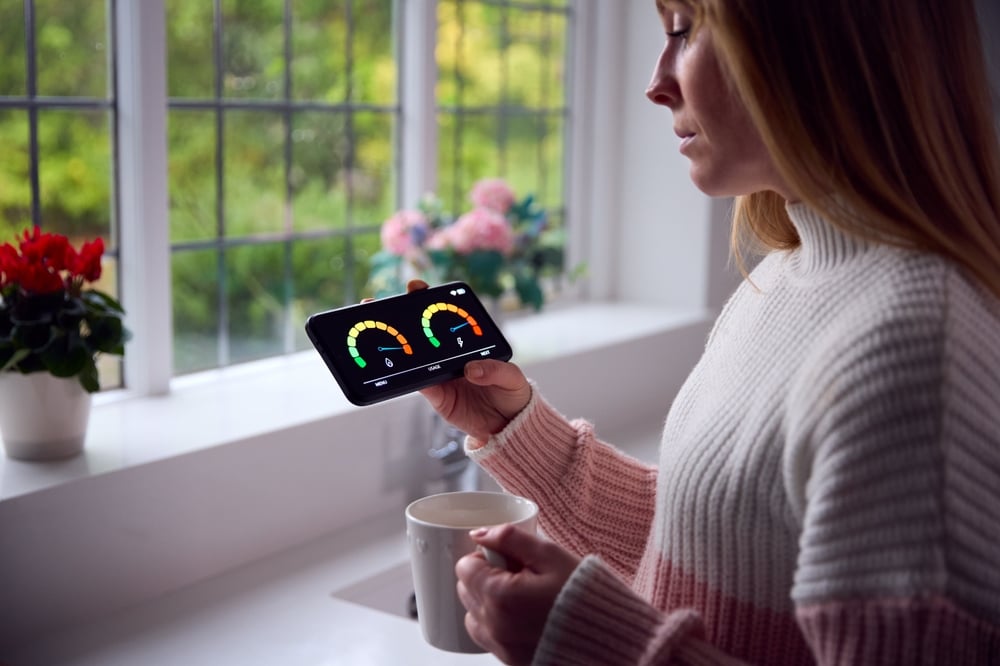When you move into your new home, your landlord or agent will provide you with certain documents to prove that your new property is up to scratch. One of those documents is an "Energy Performance Certificate" or EPC. Here's what that means and why it's important for you to know before you move into your new home.
What is an EPC?
An Energy Performance Certificate is proof of the energy efficiency of your rental property. Your landlord or letting agent will need to conduct a check through a qualified assessor.
The assessor will look at, for example:
- How new the building is
- If the windows are double glazed
- The insulation in the walls
- The age of the boiler
- The type of heating system used
Once the checks have been made, your landlord will get a certificate as proof, valid for 10 years, including its EPC rating.
What do EPC ratings mean?
EPC ratings range from A to G, with A being the most energy efficient and G being the least.
Landlords need to make sure that their properties have an EPC rating of E or above before they can welcome a new tenant.
New laws are also expected to soon come into play, requiring landlords to upgrade their properties to an EPC C or above - but those timelines have yet to be fully decided.
Why are EPC ratings important for my rental property?
As well as helping the government achieve its net zero goals, EPC ratings of residential properties can help tenants like you understand just how much you may be spending on energy during your tenancy.
A property with low rents but a low energy efficiency rating too may cost more in bills. It should therefore be considered when you plan your budget and check how much you can afford when searching for a new place to live.
What's included in an EPC?
As well as the current energy rating, you'll see estimated energy costs for your new home in your property's EPC.
This is based on its current energy efficiency, but also shows how much it could cost if your landlord were to make any upgrades.
It also highlights the efficiency of individual aspects of the home i.e. wall insulation, loft insulation, whether windows are double glazed, the main heating efficiency, and so on.
This global view can help you understand how your costs may be affected when you move in.
When will I receive my EPC certificate?
If the property has a valid EPC, your landlord or agent will need to advertise the property with the rating included alongside the other property details.
If the property doesn't have a valid EPC yet, your landlord or agent will need to have commissioned one before they put the property on the market - and make "all reasonable efforts" to then obtain one within seven days.
You'll then receive a copy of the EPC when you become the tenant. You should keep this for your records, along with your other tenancy documentation.



